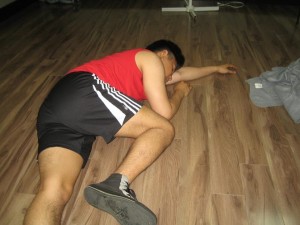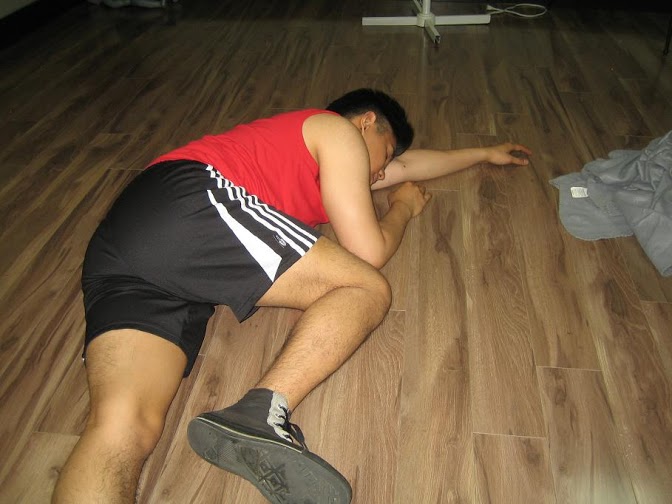In most circumstances, a seizure is not a life-threatening ordeal and easy to manage. Many adults or teenagers who experience seizures suffer from epilepsy. In some cases, a seizure can be triggered by other health conditions or even trauma. One should be concerned if the seizure occurs right after sustaining an injury to the head, if pregnant or has diabetes.
The seizures in children are often triggered by high fever which is called as febrile seizures. The management for this type is different than the episodes due to epilepsy or other seizure disorders.
Steps in dealing with a seizure

- Always stay safe. Remember that safety is the most crucial step. Make sure that you will follow the universal precautions and utilize any personal protective gear or equipment if on hand.
- As much as possible, try to stay calm. Being anxious is considered contagious, but so is serenity. As long as you are calm, other bystanders will do the same.
- Take note of the time. Remember to note down the time of the seizure right from the start of the convulsions up to the end. A seizure that lasts more than 5 minutes is treated in a different manner than a shorter episode. Although seizures appear scary and unless a watch or clock is used, it can be easy to overestimate the length of an episode.
- Move away any pointed or hard objects from the vicinity of the individual. Take note that a seizure attack can be violent enough to injure the individual.
- Loosen or slacken any tight clothing around the neck especially collars or ties. These items can disrupt with normal breathing or clog up the airway.
- Apply padding below the head using a rolled-up towel or pillow.
- If possible, roll the individual on his/her left side. This will allow the vomit or sputum to leak out of the mouth away from the airway. Do not place any object in the mouth of the individual. Take note that seizure victims do not swallow their tongues.
Once the seizure activity lasts longer than 5 minutes, call for emergency assistance. After the seizure, the individual will slowly regain consciousness, if he/she does not wake up within a few minutes, call for help as well. Additionally, if the individual stops breathing after an episode, call for emergency care and start CPR.

